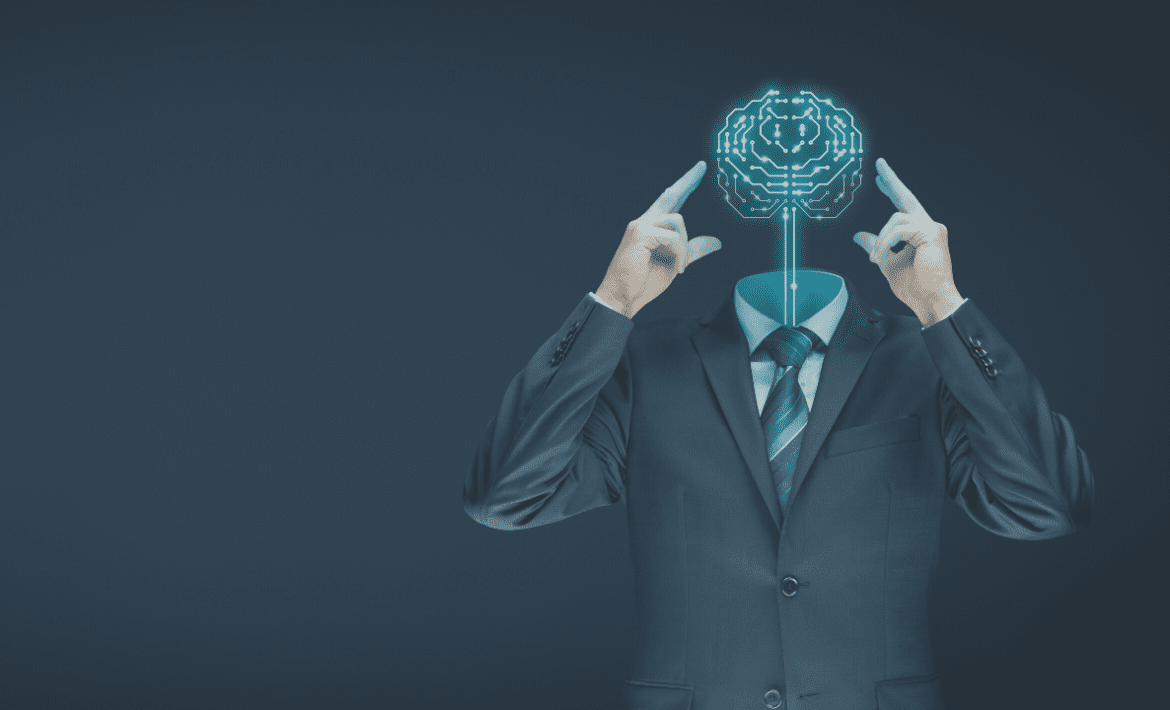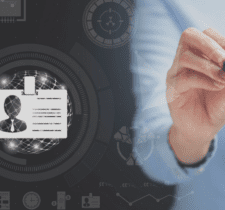The European Parliament has officially decided to settle on the OECD definition for Artificial Intelligence.
The European Parliament has agreed to officially define “artificial intelligence” (AI) technology, a key step towards enacting legislation regulating its use. The Organization for Economic Cooperation and Development’s definition of artificial intelligence (AI) has been under consideration by European Union legislators for a while. As stated in this report from Euractiv, they are finally prepared to adopt it. The Organization for Economic Cooperation and Development (OECD) defines AI as “a family of technologies that display a degree of autonomy and can perform tasks or solve issues without human intervention.” This concept covers various technologies, including computer vision, robotics, and natural language processing. Adopting the OECD definition of AI will make the regulatory environment governing AI in all EU member states more transparent and uniform. Additionally, it will advance a shared understanding of what AI is and the categories of AI systems that require regulation. Additionally, it is anticipated that accepting the OECD definition will open the door to creating a legal framework for AI, including forming moral norms, guidelines, and certification processes for AI systems.
The definition includes some caveats to distinguish it from other related technologies.
The proposal adopted by the European Parliament earlier this month defines AI as “an emerging technology paradigm that emulates human intelligence processes in a machine or computer.” The definition also includes some caveats to distinguish it from other related technologies. The implications of this definition are far-reaching: under this new law, any company using an automated system–including chatbots–to decide whether you get a loan or mortgage could be considered an AI operator under European Union law. This means they may have to comply with strict new data protection and privacy protection standards if they want to do business in Europe.
The agreement on the definition of AI technology is a key step towards enacting legislation regulating its use.
This definition sets the stage for future EU legislation on AI, which will be implemented to ensure that this technology is used responsibly and ethically by businesses, governments, and consumers alike. While the definition is not legal, and is not intended to be used as a regulation or law, it will be highly consequential as it will also define the scope of the EU’s AI rulebook. The definition isn’t an instruction manual; rather than prescribing how AI should be implemented in various industries, it describes what artificial intelligence means so businesses can better understand how they should use it themselves when developing products or services.





